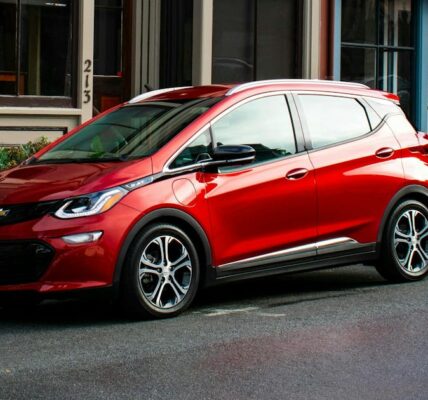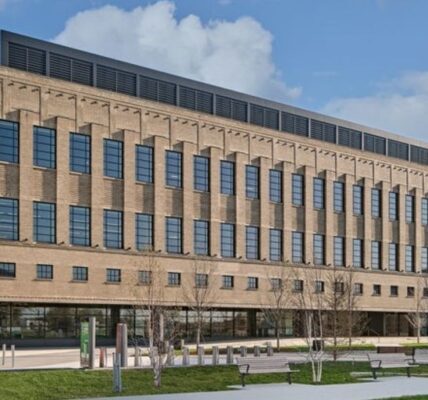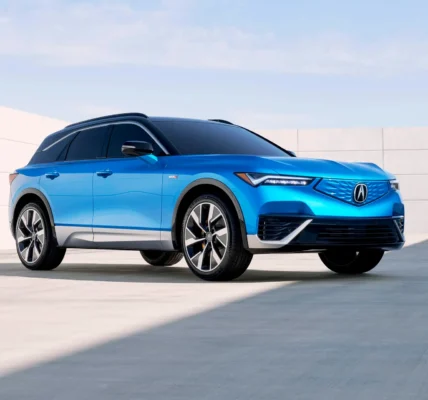Canada and the U.S. have announced the countries’ first alternative fuel corridor, which is intended to ensure drivers of electric vehicles have places to charge up when crossing the border.
Canada Minister of Transport Omar Alghabra and U.S. Transportation Secretary Pete Buttigieg made the announcement this week.
The first corridor runs from Kalamazoo, Mich., to Québec City, Québec. It passes along these routes:
I-94 highway, through the tunnel in Detroit to the Canadian side of the border.
Highway 401, through Toronto.
Highway 20 in Montréal.
Highway 40 through Québec City.
The corridor will have electric vehicle charging infrastructure installed every 50 miles (80 km). It also will include at least one DC fast charger with Combined Charging System (CCS) ports.
The corridor is one of the busiest passenger and trade corridors between the two countries, a statement announcing the plan notes.
The alternative fuel corridor plan follows through on a commitment announced on March 24 by Justin Trudeau, prime minister of Canada, and U.S. President Joe Biden that their countries work to harmonize the charging experience and develop cross-border alternative fuel corridors.
There will be 215 stations distributed along Canadian highways:
61 stations from Detroit to Toronto within 6 km (just under a half mile) of the highway.
154 stations from Toronto to Québec City within 6 km of the highway.
“Canada and the United States have built the world’s largest market-based energy trading relationship, which provides a firm foundation as we strive to reach net-zero greenhouse gas emissions,” Canada’s Alghabra said in the announcement. “This first cross-border alternative fuel corridor will help drivers to travel across the border and charge or refuel worry-free. It contributes to bringing us another step closer to making our air cleaner while helping people save money on traditional fuels.”
Buttigieg said this project helps make zero-emissions vehicles more affordable and charging more accessible where people live, work and play.
“The U.S. and Canada have long enjoyed a productive partnership on transportation issues and, in that spirit, we are proud to announce the first-ever U.S.-Canada EV Corridor,” Buttigieg said in a statement. “With historic investments in (electric vehicle) infrastructure from the Biden-Harris administration and the Canadian government, we are creating a new generation of good-paying manufacturing jobs, making it possible for drivers everywhere to reap the benefits and savings of these vehicles while helping us fight climate change.”








